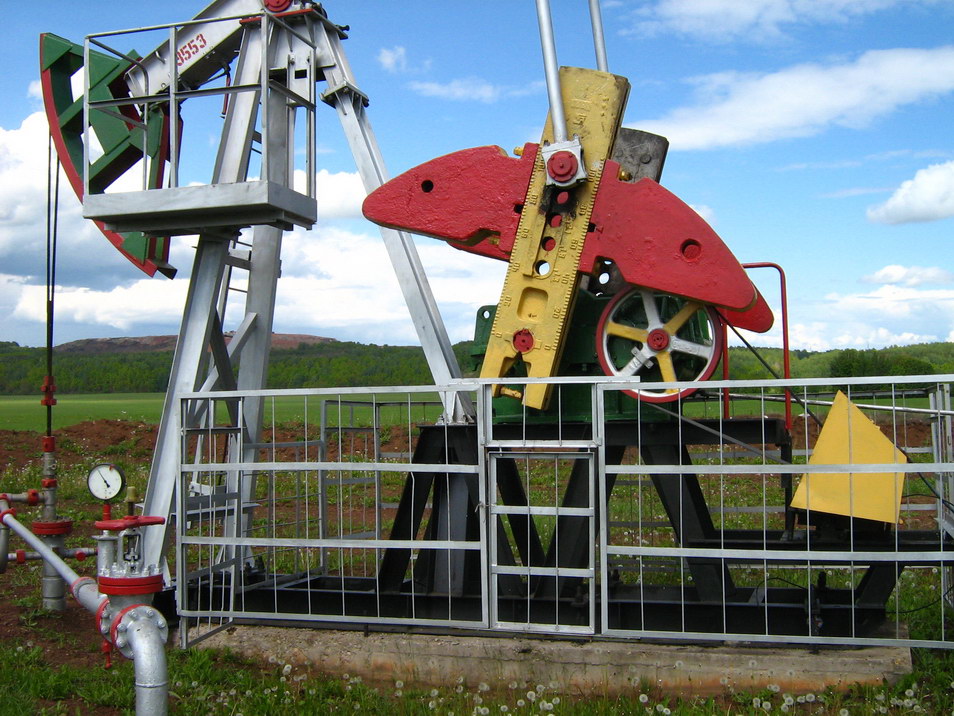
Part 3 of a series: Geopolitical Jabber
[hr]
By Jose Davila IV
[divider]
The European Union reacted with incredulity when Russia annexed Crimea in the winter of 2014. The EU imposed sanctions on Russia’s financial, energy, and defense sectors in the aftermath of the annexation and escalation of the war in Donbass, in eastern Ukraine. Furthermore, the EU vowed to reduce its reliance on Russian oil and gas in the same set of reactionary moves. Yet, in the last two years, Russian oil exports to Europe have risen to record levels. As of now, the EU imports 69% of its natural gas, 37% of which comes from Russian reserves. Long-term European, and especially German, use of Russian oil could pose serious risks to the unity of the EU. In fact, some other European countries’ economies are already feeling the effects of increased use like Ukraine and Belarus.
The ongoing construction of the Nord Stream 2 pipeline from Russia underneath the Gulf of Finland to Germany has raised concerns from some of Germany’s allies that their access to gas supplies will be even more tied to the political whims of President Vladimir Putin.
However, Ukraine is the ally most at risk of political overreach from Russia. Gazprom, the state-owned Russian oil giant and parent company of the Nord Stream 2 project, is building pipelines specifically to circumvent and isolate Kiev, both geopolitically and economically. One example of this strategy is the nearly-finished TurkStream channel.
The TurkStream pipeline is 81% complete as of early September, and this Gazprom project will attempt to link Russia to Southern Europe through the Black Sea and Turkey. Once completed, the pipeline will form a new southern stream of oil that will bypass Ukraine entirely. On the surface, the pipeline, as well as its northern counterpart, ensures that Russian oil will continue to flow into Europe no matter the outcome of the ongoing war in Donbass. Gazprom understands that Russian oil is much cheaper than any other possible gas source for the EU, and therefore, demand for the oil is highly resistant to any sort of political shock, as the international community learned in the aftermath of the Russian annexation of Crimea.
On a deeper level though, Nord Stream 2 and TurkStream are a part of Putin’s grand strategy to weaken the legitimate Ukrainian state, expand Russia’s influence in the former Soviet bloc, and divide the EU into a handful of bickering, self-interested states.
Russia has long focused on extending its influence in the most successful former Soviet republic, Ukraine. Often, Moscow has weaponized Ukraine’s dependence on Russian gas to exert influence and sway politicians to its side within Ukraine by withholding oil in times of crisis. This strategy took a sizable step forward in the aftermath of the 2014 Ukrainian Revolution and resulting election of President Petro Poroshenko. Poroshenko signed a political and economic agreement with the EU in June of that year and called for a referendum on possible NATO membership for Ukraine. At this point, Russia staged a military intervention to seize Crimea and prop up other pro-Russian separatist movements in the Donbass region. Now, with Crimea definitively annexed and the war in Donbass locked in a stalemate, Russia has pivoted to punish its former ally economically by building the two new pipelines to Europe. Once they are completed, Russia, at some loss of profits, could effectively shut down Ukraine from the inside out by holding up the oil supply, while still meeting commitments to other European states west of Ukraine.
Other former members of Soviet bloc also will become more vulnerable to Russian geopolitical influence. Poland and the Baltic states are faced with a choice to either deal with Russia’s political motivations in exchange for cheaper oil or diversify their sources of oil at a higher cost. So far, Warsaw has decided upon the latter. It now imports 76% of its oil from Russia, down from 96% in 2012, but is paying about $2.50 more per barrel. The competitiveness of Russia’s oil leaves many countries questioning how to suppress unfair Russian influence and keep gas spending low at the same time. Finding other, hopefully cheaper and cleaner, alternatives to Russian gas and oil should be one of the key research fields for the EU as it grapples with its relationship with Moscow.
Each member state of the EU has its own opinion on the import of Russian oil at this point in time. The small differences between states on this issue are driving the division within the EU. If its largest power, Germany, decides to act without the consent of its Eastern European allies, namely Ukraine, Belarus, and Poland, then the current rift in the EU could widen. The President of Russia knows that a divided Europe cannot pose a direct threat to Moscow. Therefore, by sowing discord and making some money off of that discord, Russia ensures its own security without having to fight any wars. Moscow’s disinformation programs prior to important elections, like during the Brexit campaign in 2016, also contribute to this overall strategy.
Europe must come to a full decision as to how it wishes to deal with Russia on the topic of oil. Anything less will further endanger the EU and give Russia more influence over the former Soviet bloc.
[hr]
Jose is a first-year in Morse College. You can contact him at jose.davilaiv@yale.edu.